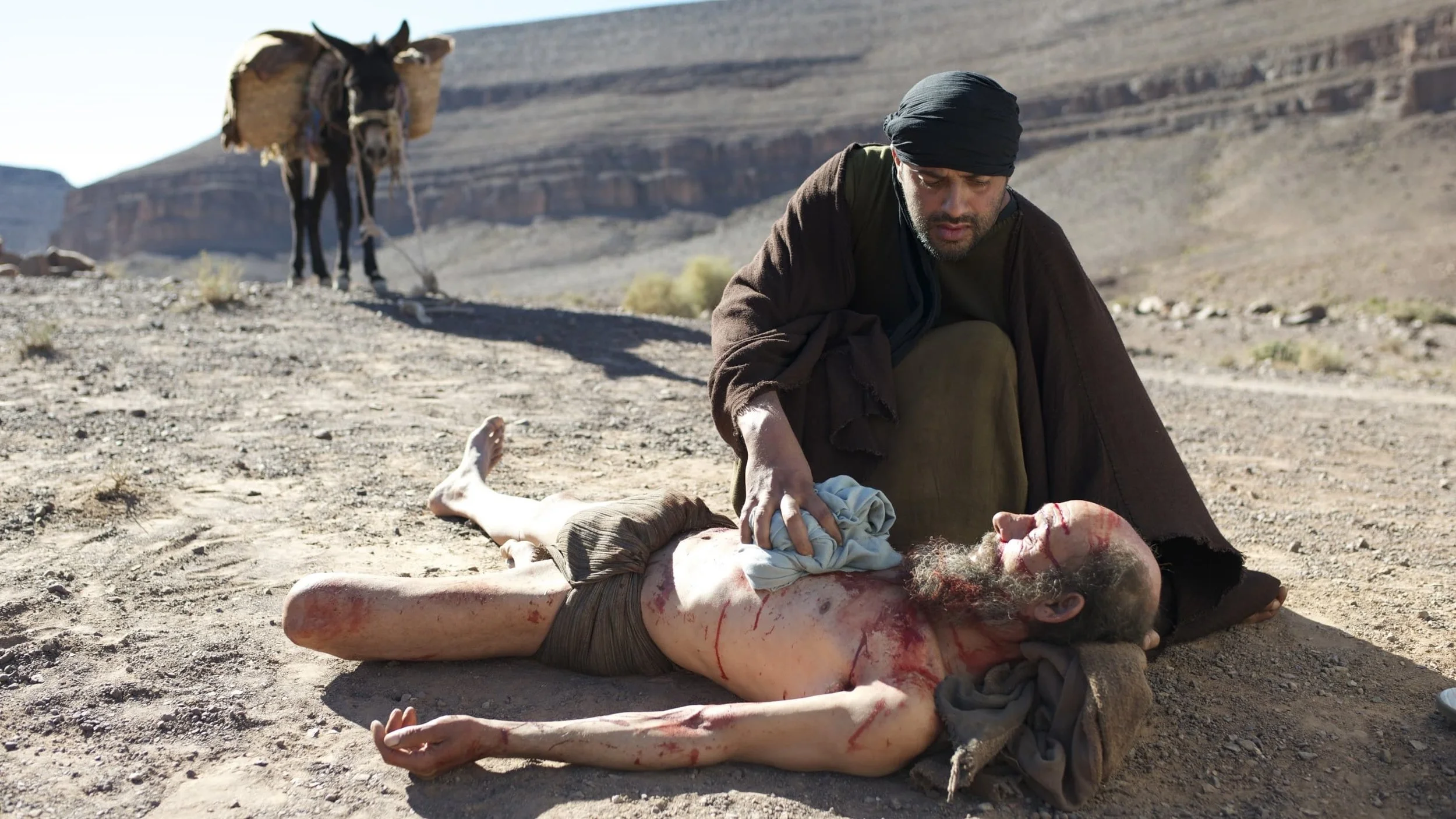If you would prefer to listen to this post as a podcast, CLICK HERE.
* * * * *
Have you ever felt completely alone on this journey of life? Have you ever been overwhelmed by the challenges surrounding you? If so, there’s a lesson we can learn from the Israelites’ journey through the wilderness.
The Israelites were, as you will recall, descendants of Jacob, the grandson of Abraham, whom God renamed Israel after they wrestled by the Jabbok brook. The Amalekites were the descendants of Amalek, the grandson of Esau, who was Israel’s brother and also a grandson of Abraham. It had been approximately 440 years since the families of Esau and Israel had last met.














